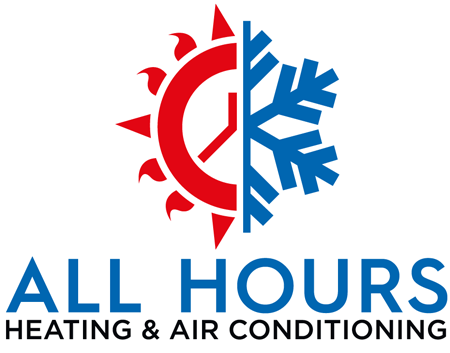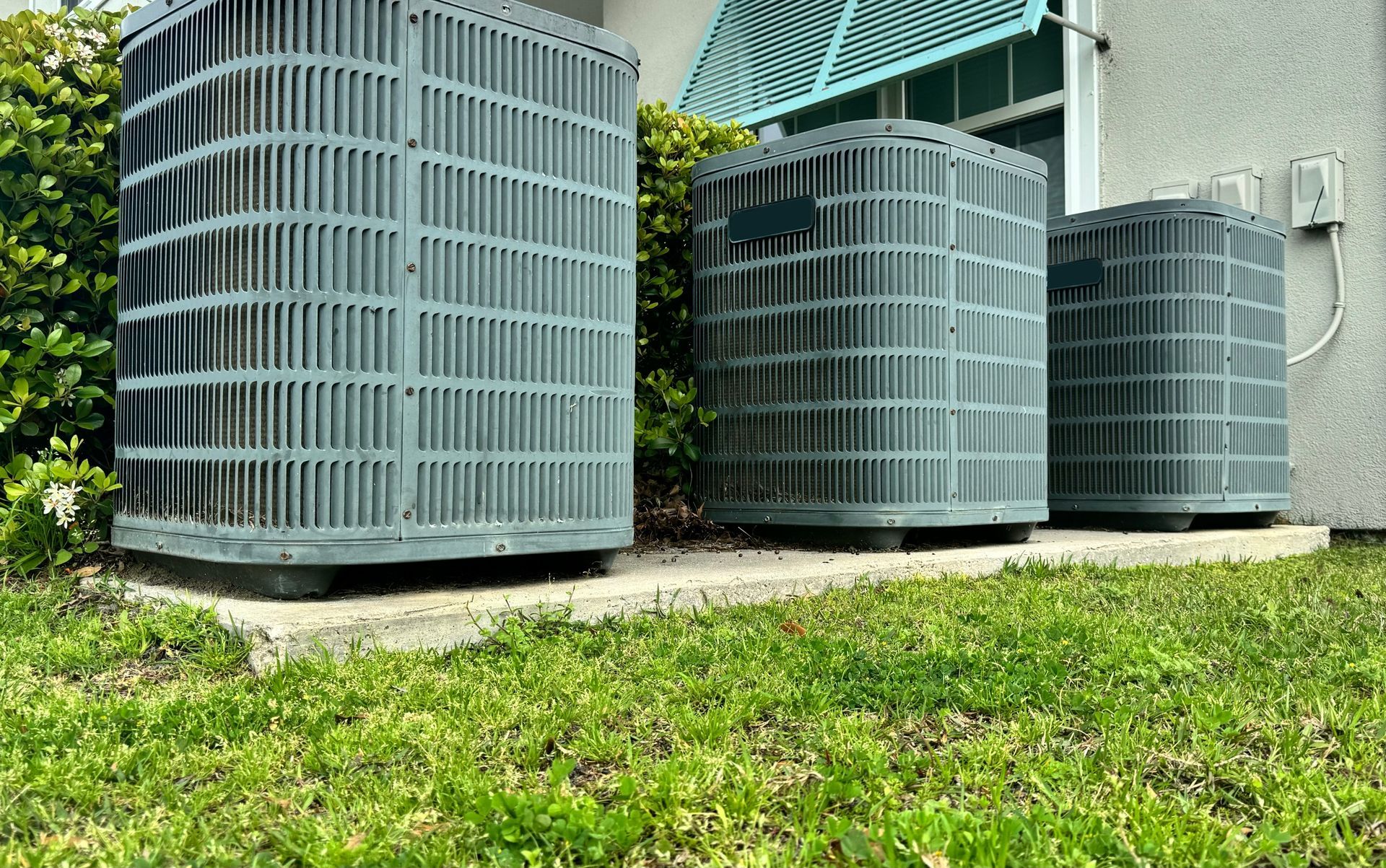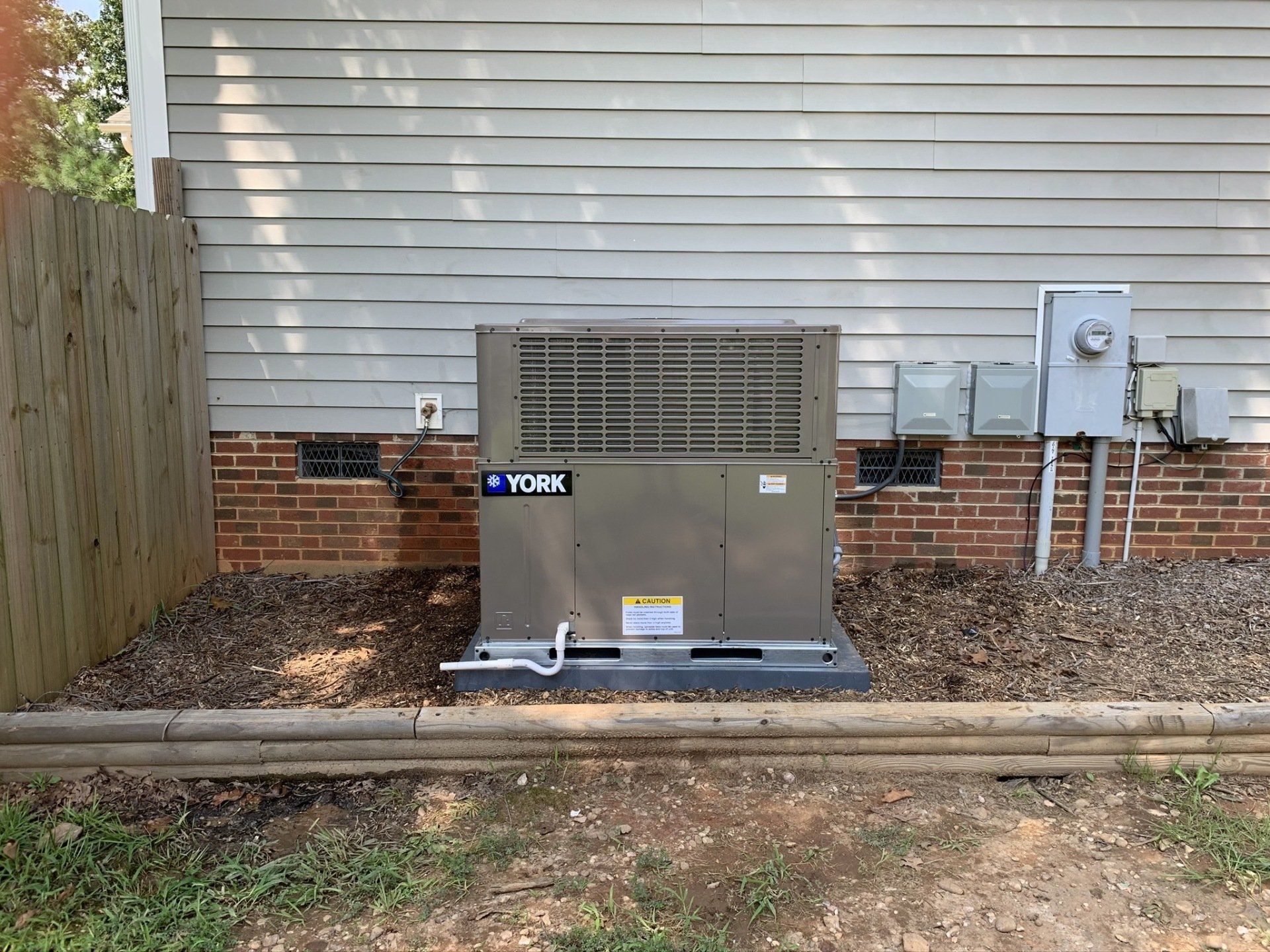What is a MERV rating?
How often do you think about the air quality in your home? Do you think about all the dust floating around during Knightdale, North Carolina’s allergy seasons in the spring and fall? What about during the cold Wake County winters when you don’t get many opportunities to air out your house, and you’re reliant on your heat pump or furnace to keep your air fresh and clean?
Regardless, if you’re reading this article, you’re thinking about it now, so let’s talk about MERV ratings and what they mean for your HVAC system and your air quality!
What is a MERV rating?
MERV stands for Minimum Efficiency Reporting Value. It’s a complicated-sounding way to measure a filter’s ability to capture air particles and keep your air clean. In reality, it’s not all that complicated.
MERV values can range from one to 16. Filters with a MERV rating of one catch very few particles, but they also don’t restrict airflow in your home. Filters with a MERV value of 16 are just short of true HEPA filters—they’re extremely effective at capturing even tiny particles like those from smoke and bacteria. On the other hand, very few residential HVAC systems are powerful enough to actually push air through highly rated MERV filters.
How high of a MERV value should I look for?
This question is not always straightforward. It depends on your health needs and your HVAC system’s capabilities. Some HVAC systems are powerful enough to comfortably push air through a MERV 13 filter, which can catch most smoke particles and some bacteria. For other units, such a heavy filter would put unnecessary strain on the system.
Likewise, if you’re totally healthy and don’t have many allergies, maybe you want a MERV 4 filter to keep air moving and to reduce energy consumption caused by your HVAC system working harder to push air through a thicker filter.
Many times, a good middle ground is somewhere between a MERV 8 and MERV 10 filter. Such filters do not overly restrict airflow generally speaking (though to be sure, you should call HVAC pros like ourselves to make sure your unit is powerful enough to handle that MERV rating). But they’re also effective at filtering out many mold spores, pet dander particles, dust mite debris, and other icky stuff you don’t want to breathe regardless of your health!
For more information about filters and whether your HVAC system is powerful enough to handle a specific filter type, give us a call!





